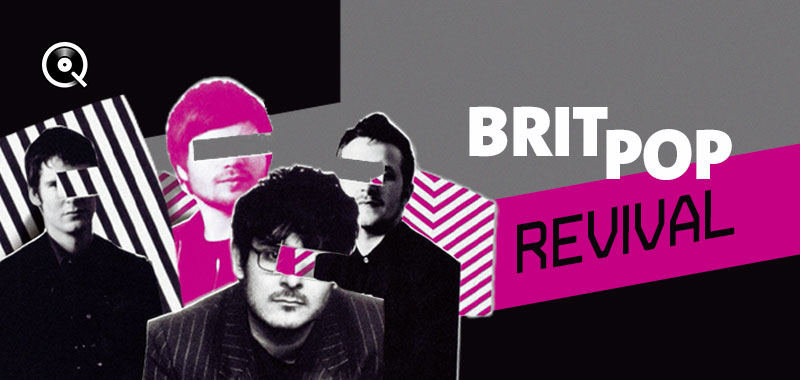To understand the importance of Britpop for British history, we must consider the social and political as well as the musical context of early 90’s Britain. While American culture was transcending the Atlantic with its pessimistic grunge, reflecting a completely disillusioned generation, Thatcher’s socially divided Britain was evidenced by new wave, acid house and Madchester. In the spring of 1990, when The Stone Roses drew 25,000 people to Spike Island, England finally caught wind of its underground scene, led by a drugged-up youth in search of freedom. With this, Britpop was born. This brief but intense trend was quickly marketed and politicized, mixing spirits of freedom, belonging, and national pride. Some bands were good, some bands were bad, but they were forming and reforming at lightning speed.
Create a free account to keep reading
Read more
Artists
-
Miles Davis
-
The Beatles
-
Björk
-
Ian Brown
-
The Staple Singers
-
Blur
-
The Rolling Stones
-
David Bowie
-
The Verve
-
Roxy Music
-
Supergrass
-
The Human League
-
R.E.M.
-
Radiohead
-
Richard Ashcroft
-
Pulp
-
Jarvis Cocker
-
Paul Weller
-
The Kinks
-
Buzzcocks
-
DJ Krush
-
Jam
-
Damon Albarn
-
Oasis
-
Talking Heads
-
Suede
-
Brett Anderson
-
Elastica
-
The Stone Roses
-
Thom Yorke
-
Jonny Greenwood
-
T. Rex
-
The Smiths
-
Lee Mavers
-
John Power
-
Gaz Coombes
-
Justine Frischmann













